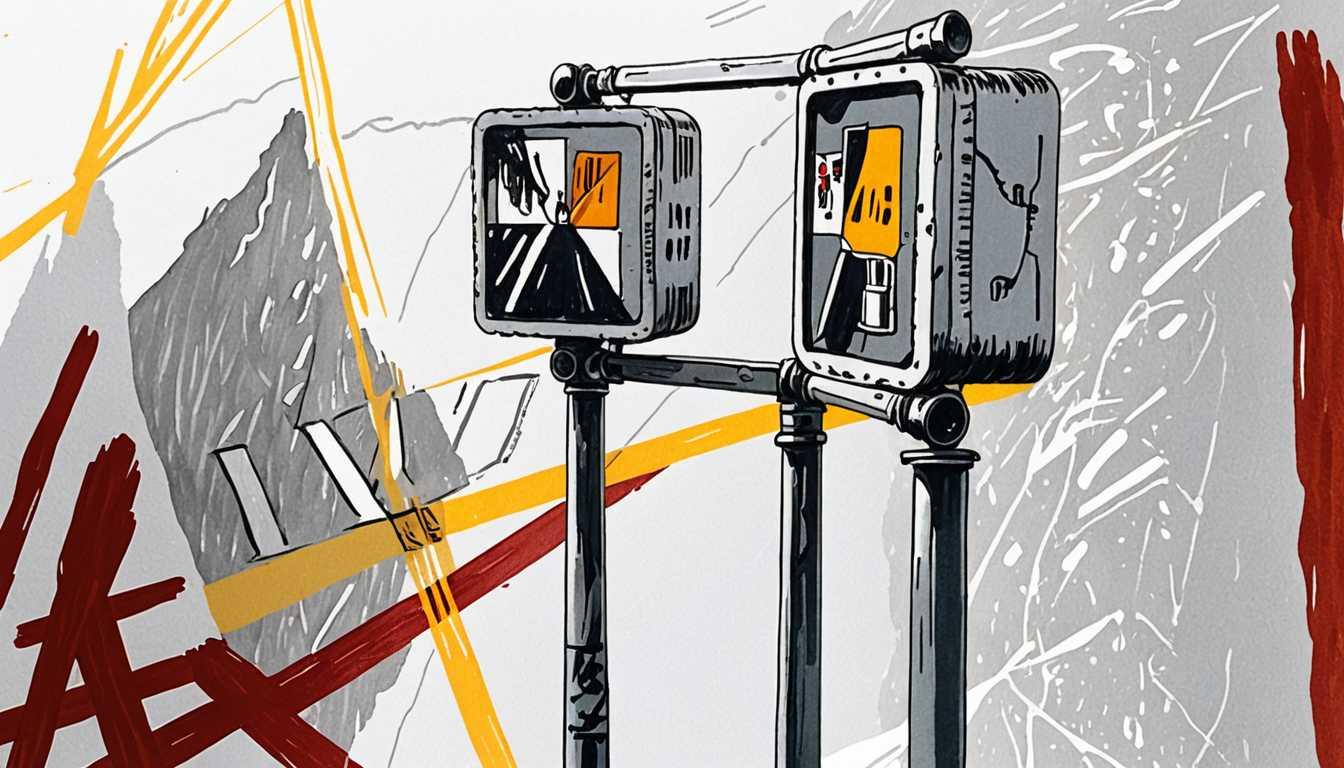Metaverse: Digital Dream or Dystopia?
July 2023
University of Cambridge
Introduction
Dive into the digital deep end with the University of Cambridge's latest exploration: What is the metaverse – and will it help us or harm us? This article isn't just tech talk; it's a virtual voyage into what could be the future of the internet. Imagine attending class, working, or even teleporting to Jupiter—all from the comfort of your VR headset. But it's not all fun and games; as big tech companies pour billions into this dream, concerns about privacy and a widening digital divide loom large. Will the metaverse be a digital utopia or dystopia? Read on to find out!
READ FULL ARTICLEWhy It Matters
Discover how this topic shapes your world and future
Diving Into the Digital Dimension
Imagine stepping into a world where you can travel to Mars, attend a class designed just for you, or even work in a virtual office—all without leaving your room. This isn't a scene from a sci-fi movie; it's a peek into the metaverse, an evolving digital universe that's set to redefine our lives. The metaverse blurs the lines between the physical and digital worlds, using virtual reality (VR) and augmented reality (AR) to create immersive experiences. It's not just about gaming or social media; it's about transforming how we learn, work, and connect. But as we stand on the brink of this digital frontier, it's crucial to ponder: will the metaverse be a force for good, enhancing our lives and opening new opportunities? Or could it lead to concerns over privacy, equity, and the very nature of human interaction? Understanding the metaverse is more than exploring new technology—it's about envisioning the future we want to create.
Speak like a Scholar
Virtual reality (VR)
A digital environment that completely immerses you in a different world. Imagine putting on a headset and feeling like you're walking on the moon!
Augmented reality (AR)
This technology overlays digital information on the real world. Think of smart glasses that can display directions right in front of your eyes.
Interoperability
The ability of different digital environments and systems to work together seamlessly. It's like being able to play a game on one device and continue it on another without any hiccups.
Biometric data
Personal data related to your body's characteristics and actions, such as your heartbeat or the way you move. It's like a digital fingerprint, but for your whole body.
Privacy by design
A principle that calls for privacy to be considered at every stage of product development. It's about making sure that protecting your personal information is a priority from the start.
Extended reality (XR)
An umbrella term that covers VR, AR, and everything in between. It's all about extending the reality we experience by blending the digital and physical worlds.
Independent Research Ideas
Exploring the educational potential of the metaverse
Investigate how VR and AR can create personalized learning experiences, making education more engaging and accessible for students with diverse needs.
The digital divide in the metaverse era
Examine how the metaverse could either bridge or widen the gap between different social and economic groups, focusing on access to technology and digital literacy.
Privacy and ethics in virtual worlds
Delve into the challenges of ensuring privacy and ethical considerations in the metaverse, especially regarding the collection and use of biometric data.
The future of work in the metaverse
Explore how virtual environments could transform traditional workplaces, including the potential for virtual offices and the impact on collaboration and company culture.
Healthcare applications of XR technologies
Investigate how VR and AR could revolutionize healthcare, from training medical professionals to providing new forms of treatment and patient education.
Related Articles

When Cars Meet Smartphones: China's Tech Drive
August 2023
MIT Technology Review

Ekho: Ending Gaming's Lag Saga
September 2023
Massachusetts Institute of Technology (MIT)

Beyond Captchas: Proving Humanity
October 2023
MIT Technology Review

Single Atoms: Unlocking Quantum Futures
January 2023
Princeton University

Digital Twins: The Space Mission Game Changer
June 2024
MIT Technology Review